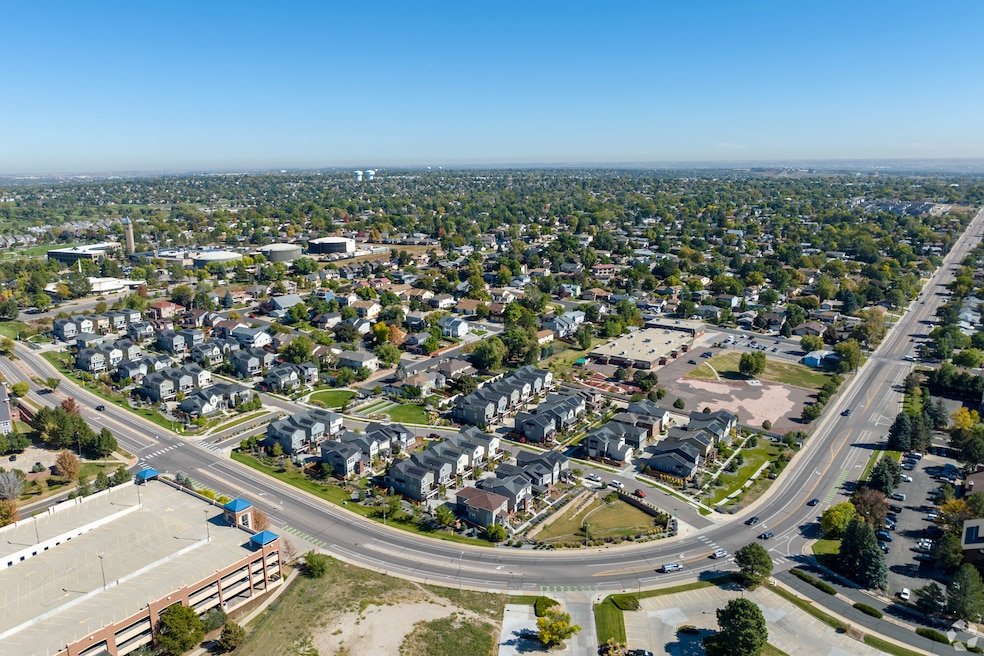After a multiweek frenzy, applications for mortgage refinancing decreased 21% compared to a week earlier, according to the latest reading of the Mortgage Bankers Association's Market Composite Index on Wednesday. At the same time, applications for new mortgages decreased 1%.
On the whole, the index, which includes purchase and refinance demand, was down 12.7%, the data showed.
The decreases come after three of the strongest weeks for the mortgage market in years. In early September, purchase application demand reached a three-year high. A week later, refinance applications exploded 60% compared to a week earlier.
That growth coincided with months-long lows for mortgage rates. While borrowing costs have mostly stayed in a narrow range since those initial declines, there's been more fluctuation recently — the average 30-year, fixed-rate mortgage increased 0.04 basis points to 6.3% in the week ended Sept. 25.
Though minor, the increase was enough to deter borrowers, especially those with larger loans, according to Joel Kan, deputy chief economist at the MBA.
"After the burst in refinancing activity over the past month, this reversal in mortgage rates led to a sizeable drop in refinance applications," Kan said in a statement, adding that the association expected refinance opportunities to be short-lived this year.
When does it make sense to refinance a mortgage?
The shift in the refinance market this week exemplifies just how sensitive borrowers are to even the most minute changes in mortgage rates — and why it's hard to know precisely where the market could be headed through the end of the year.
On the one hand, some experts have suggested that mortgage rates are low enough for buyers and refinancers to take action. Meanwhile, others have pointed out that a bigger rate drop would be necessary for borrowers to benefit from a refinance.
For example, an August analysis from Clarence, Missouri-based Neighbors Bank found that most homeowners who purchased this year would need at least a 0.75-percentage-point drop in mortgage rates to see refinance gains within three years.
"As a rule of thumb, borrowers typically look for a break-even point — the moment when savings from a lower rate outweigh upfront closing costs — within about three years to make refinancing worthwhile," the report explained. "But the data shows that many buyers are unlikely to hit that threshold unless rates decline more significantly."
Whether mortgage rates continue their general downward trend — and reach that threshold — however, is dependent on the direction the economy takes next. And it's hard to say exactly where that will be, especially as the federal government faces a shutdown that could back up data releases and stir economic uncertainty.

